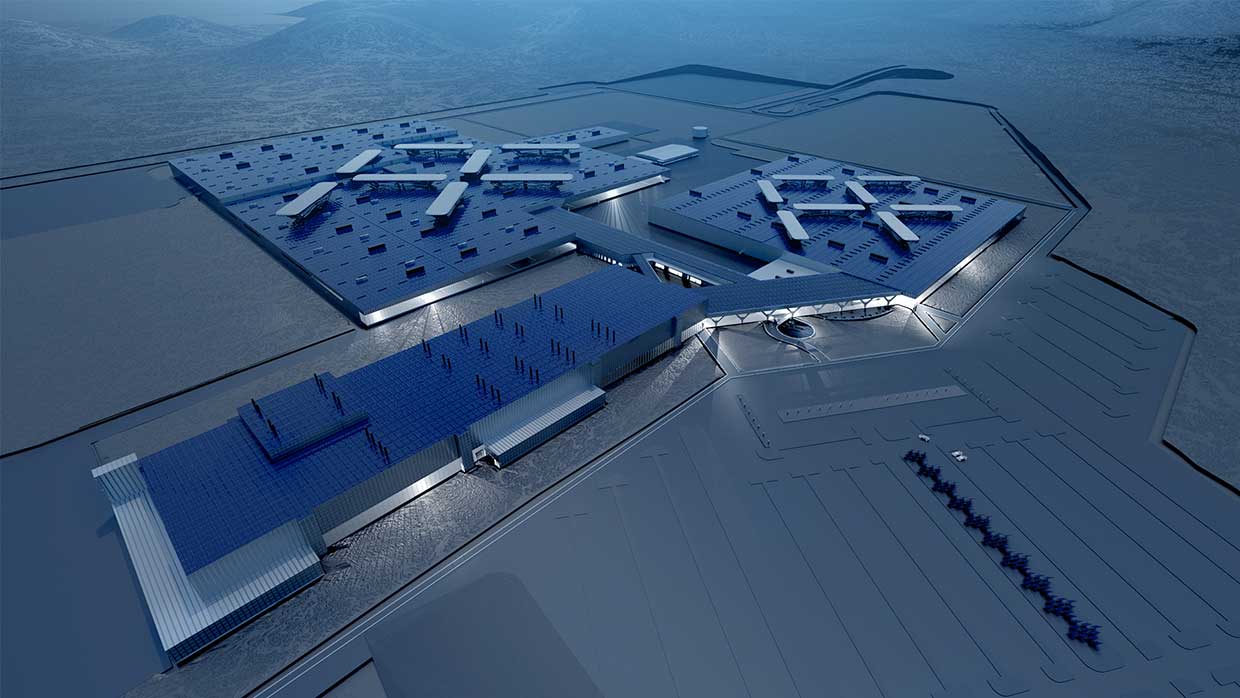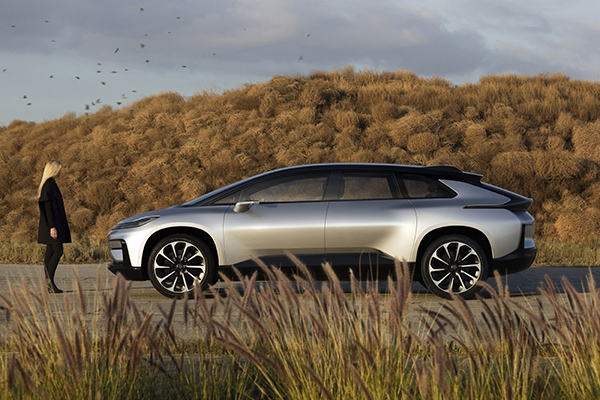
Faraday Future unveils electric car as Continental boss talks of job losses

The much-publicised electric car company, Faraday Future, revealed its new hybrid vehicle at the Consumer Electronics Show this week.
The presentation was said to have had a slight glitch in that when the autonomous, self-parking technology was called on, it didn’t immediately answer.
The hiccup may have been unplanned for Faraday’s billionaire owner, Jia Yueting, especially as the company has invested a lot of money in developing autonomous technology, but with a total of $600 million backing the vehicle venture, there’s plenty of money to smooth out small problems.

As well as the $600 million for the cars themselves, Yueting had previously been speaking about $1 billion to build a factory in the US, and another $2 billion to construct another factory in China.
It’s all very well shouting out big numbers, but Fortune.com says Faraday Future is having some financial problems in its attempt to rival Tesla Motors, which builds currently the best-selling and best-performing electric car on the market.
Tesla’s CEO, Elon Musk, has a variety of ambitious projects, encompassing solar power generation and space exploration; plus he’s linked up with industry giants such as General Motors on joint car development. So maybe he hasn’t noticed much outside of that.
But Faraday’s progress or otherwise notwithstanding, the electric car market is growing, even if it’s just mostly talk at the moment.
One important industry professional who’s taking part in the conversation is the chief executive of German automotive supplier Continental, Elmar Degenhart.
Speaking to the German newspaper Welt am Sontagg, and reported by Reuters and VentureBeat.com, Degenhart says the shift to electric cars will rearrange the jobs market.
“Due to the low added value, production jobs will be lost,” says Dagmar. “There is enough time to design the process such that the blow is softened and major pain can be avoided.”


